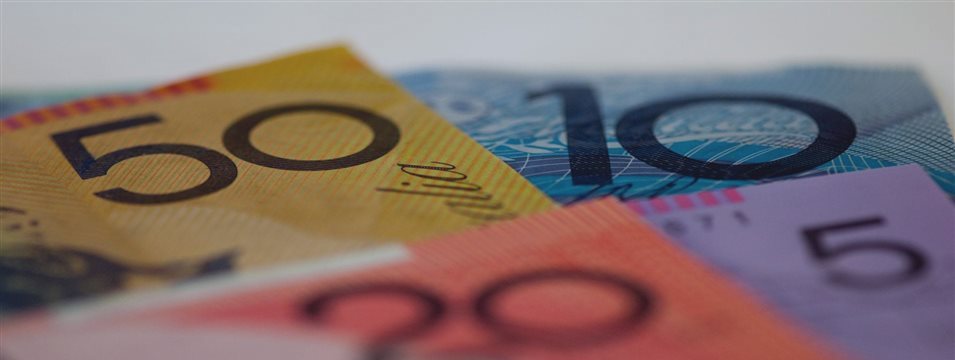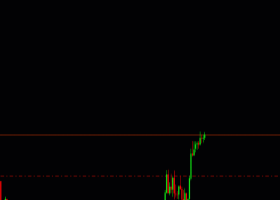On Thursday the Australian dollar plunged after Reserve
Bank of Australia Governor Glenn Stevens called for more risk taking and suggested that the economy needed more push.
AUD/USD traded at 0.8830, down 0.63%, while USD/JPY traded at 109.15, up 0.10%.
The central bank chief Glenn Stevens commented on risk taking at a speech on Thursday and suggested that the economy needed more push.
On Wednesday, Japanese Prime Minister Shinzo Abe announced concerns over the economic impact of recent weakness in the yen. Abe reportedly said that the weaker yen had both positive and negative impacts and that he wanted to carefully watch the impact of yen weakness on regional economies and on small and mid-sized companies.
The greenback firmed against most major currencies overnight, after data revealed far more new homes were sold in August than markets were expecting.
The Census Bureau reported earlier that U.S. new home sales rose 18.0% last month to 504,000 units, far surpassing expectations for a 4.4% gain to 430,000 units. New home sales for July were revised to a 1.9% increase from a previously estimated 2.4% drop.
Meanwhile, the Department of Energy reported earlier that crude stockpiles fell by 4.3 million barrels last week, confounding market calls for a build of 386,000, which further stoked expectations that the U.S. economy is improving as evidenced by its demand for fuel and energy.
Wednesday's data came a day after a report showed that the U.S. manufacturing sector expanded in September close to market expectations, which fueled already growing expectations that the Federal Reserve may hike interest rates sooner than markets have previously expected.
In October, the Federal Reserve is expected to close its monthly bond-buying program and then begin raising benchmark interest rates some time in 2015, though the timing of the latter remains up in the air.
Meanwhile in Europe, ECB President Mario Draghi said the bank will keep its monetary policy "accommodative" for as long as needed and use every tool at its disposal to fight deflation, comments that softened the euro and bolstered the greenback's appeal.
Later in the day markets will await U.S. durable goods orders and weekly jobless claims numbers.



